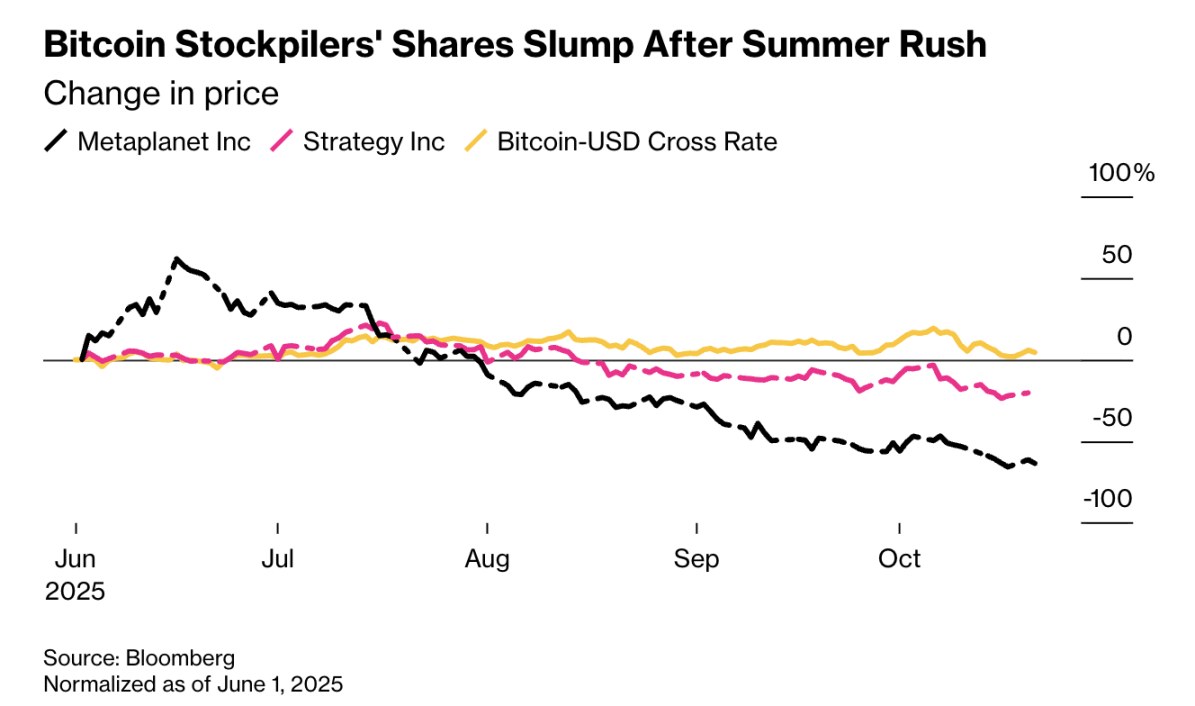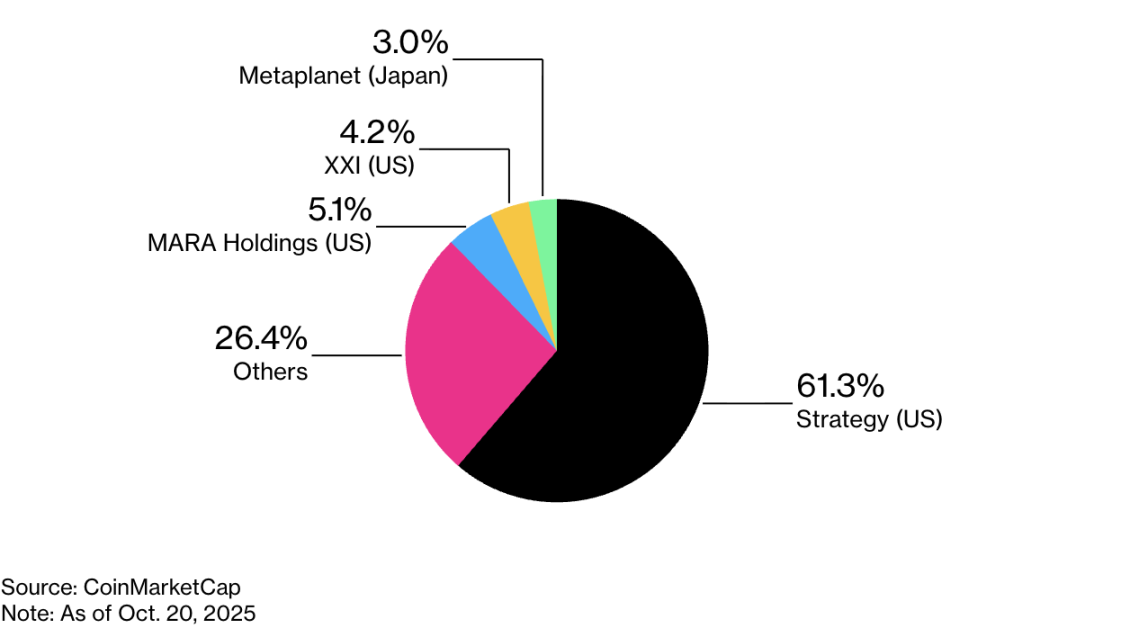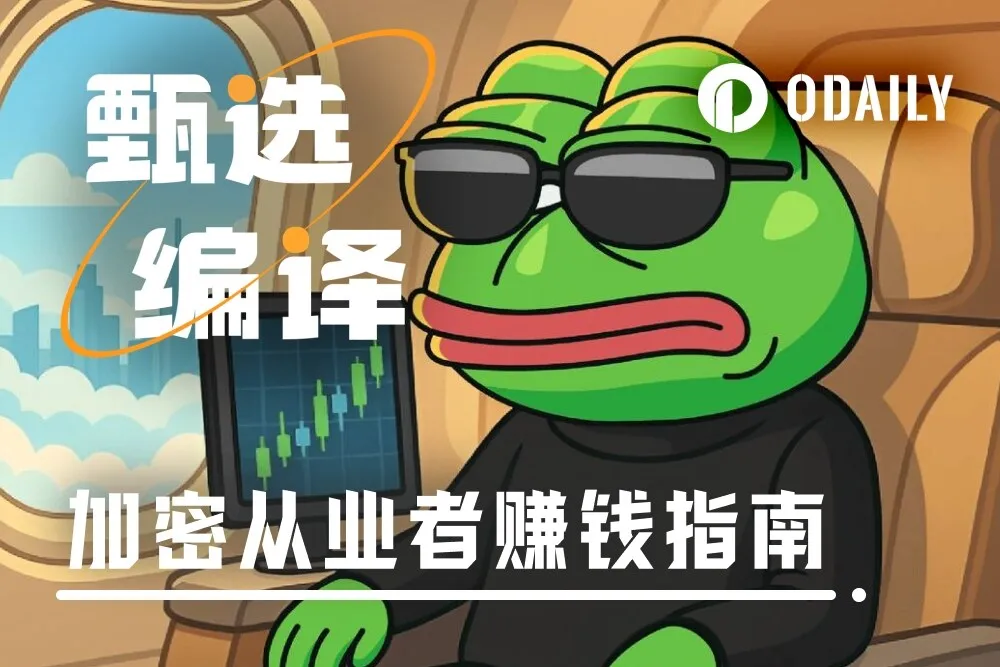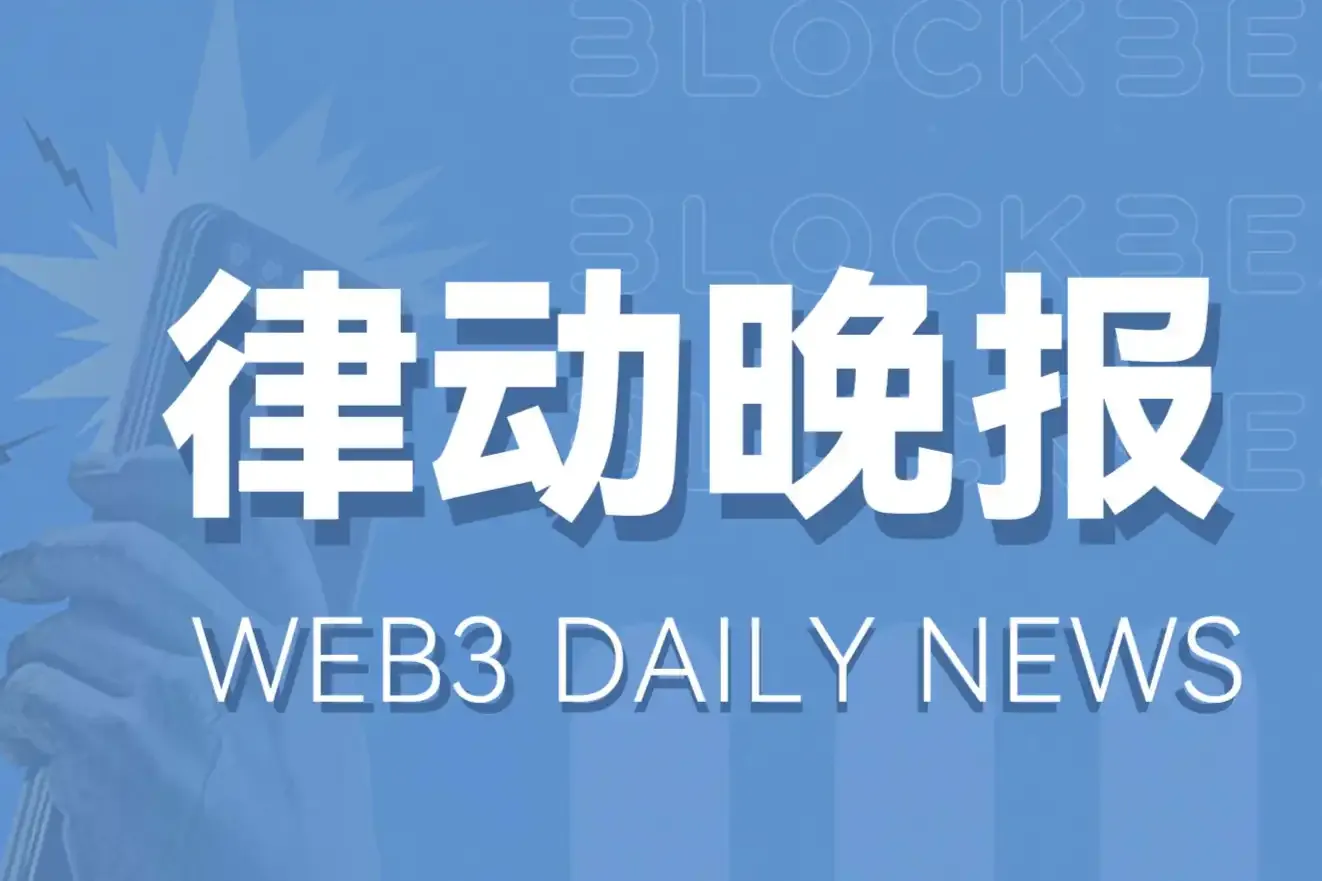Original authors: Alice French, Richard Henderson, Kiuyan Wong, Yasutaka Tamura
Translation: Joe Zhou, Foresight News
- The Hong Kong Stock Exchange Group (HKEX) has questioned at least five companies planning to transform into Digital Asset Treasury (DAT) companies, stating that current regulations prohibit companies from hoarding excessive liquid assets.
- Resistance to DATs is also seen in India and Australia. Local exchange operators share similar concerns, which may stall the plans of many cryptocurrency treasury companies.
- Japan is an exception in the Asia-Pacific region. The local listing rules are relatively lenient towards digital asset treasury companies, providing them with considerable freedom. However, signs of friction are beginning to emerge— for example, MSCI has proposed to exclude large cryptocurrency treasury companies from its global index.
The three major stock exchanges in the Asia-Pacific region are resisting companies that disguise themselves as listed entities while primarily hoarding cryptocurrencies.
According to informed sources, the Hong Kong Stock Exchange Group (HKEX) has questioned at least five companies in recent months that plan to shift their core business to digital asset treasury strategies, citing relevant rules that prohibit holding large amounts of liquid assets. As of now, these companies have not received approval. In India and Australia, so-called Digital Asset Treasury companies (DAT) are facing similar resistance.
This resistance targets both cryptocurrencies themselves and the listed company vehicles that focus on hoarding crypto assets, posing risks to the digital asset market, which has been on the rise for most of 2025.
Bitcoin reached a historic high of $126,251 on October 6, up 18% year-to-date. This surge is largely attributed to the emergence of numerous companies specifically hoarding Bitcoin. The model pioneered by Bitcoin giant MicroStrategy, led by Michael Saylor and valued at $70 billion, has spawned hundreds of imitators worldwide. Most of these companies have market capitalizations exceeding the total value of their held crypto assets, highlighting strong investor demand.
Recently, the pace of purchases by Digital Asset Treasury companies (DAT) has slowed, and their stock prices have declined, coinciding with a sharp sell-off in the broader crypto market. A recent report from Singapore's 10X Research estimates that retail investors have lost about $17 billion in DAT trading.

In the Asia-Pacific market, the concerns of exchange operators may completely hinder the plans of cryptocurrency hoarders.
"The listing rules directly determine the speed and regulatory framework of the cryptocurrency treasury model's operation," said Rick Maeda, a crypto analyst at Presto Research based in Tokyo. He added that if the rules are "predictable and lenient," they can attract capital and boost investor confidence; whereas a stricter environment would slow down the execution speed of digital asset treasury companies.
Cash Companies Among Listed Firms
According to the rules of the Hong Kong Stock Exchange, if a listed company's assets are primarily composed of cash or short-term investments, the company will be classified as a "Cash Company," and its stock may be suspended from trading. This measure aims to prevent shell companies from equating their listing status with money for trading purposes.
Simon Hawkins, a partner at law firm Latham & Watkins, stated that for companies intending to hoard cryptocurrencies, whether they can obtain approval depends on their ability to "demonstrate that acquiring crypto assets is a core component of their business operations."
Informed sources indicate that for listed companies in former British colonies, there is currently a prohibition on transforming into pure cryptocurrency hoarding companies.
A spokesperson for the Hong Kong Stock Exchange (HKEX) declined to comment on specific companies it has questioned but stated that its framework "ensures that all companies applying for listing and those already listed have viable and sustainable business operations with substantive content."
In a similar case, the Bombay Stock Exchange rejected Jetking Infotrain's application for a preferential share listing last month. The company had stated that it would invest part of the raised funds in cryptocurrencies. A filing document shows that the company is appealing this decision. Both BSE (Bombay Stock Exchange) and Jetking did not respond to requests for comment.
In Australia, the Australian Securities Exchange (ASX Ltd.) prohibits listed companies from allocating 50% or more of their balance sheet to cash or cash-like assets. Steve Orenstein, CEO of software company Locate Technologies Ltd., stated that this provision makes adopting a cryptocurrency treasury model "virtually impossible." According to a spokesperson, this company, which has transitioned from a software firm to a Bitcoin buyer, is currently relocating its listing from Australia to New Zealand, where the New Zealand Exchange (NZX Ltd.) is willing to accept Digital Asset Treasury companies (DAT).
An ASX spokesperson stated that if listed companies shift to investing in Bitcoin or Ethereum, "it is advisable to consider designing their investment products as exchange-traded funds (ETFs)." Otherwise, they "are unlikely to be considered suitable for listing on the official list."
They noted that the ASX does not prohibit the adoption of cryptocurrency treasury strategies but simultaneously warned that conflicts with listing rules must be handled cautiously.
The "Hoarders" in Japan
Japan is a notable exception in the Asia-Pacific region. It is common for listed companies to hold large amounts of cash, and the listing rules are relatively lenient towards Digital Asset Treasury companies (DAT), providing them with considerable freedom.
Hiromi Yamaji, CEO of the Japan Exchange Group, stated at a press conference on September 26, "Once a company is listed, if proper disclosures are made—such as disclosing that it is purchasing Bitcoin—immediately deeming these actions unacceptable would be quite difficult."
According to data from BitcoinTreasuries.net, Japan has 14 listed Bitcoin buyers, the highest in Asia. This includes Metaplanet Inc., a hotel industry company that was an early adopter of the digital asset treasury model and currently holds about $3.3 billion in Bitcoin. Since its transformation began in early 2024, the company's stock price soared to a peak of 1,930 yen in mid-June but has since fallen over 70%.

Japan has also seen some bizarre Bitcoin purchasing plans: Tokyo-based nail salon operator Convano Inc. announced in August plans to raise about 434 billion yen ($3 billion) to purchase 21,000 Bitcoins. At that time, the company's market capitalization was only a small fraction of this fundraising amount.
Even for cryptocurrency hoarders in Japan, signs of friction are emerging. MSCI, one of the world's largest index providers, recently proposed to exclude large Digital Asset Treasury companies (DAT) from its global index following an investigation into Metaplanet's $1.4 billion international equity issuance on September 14. Metaplanet joined the MSCI Japan Small Cap Index in February this year and stated that it would use most of the raised funds to purchase Bitcoin, subsequently acquiring an additional 10,687 tokens. Metaplanet did not respond to requests for comment.
In a statement, MSCI indicated that Digital Asset Treasury companies (DAT) "may exhibit characteristics similar to investment funds," and therefore do not qualify for inclusion in its index. MSCI suggested implementing a ban on companies where crypto assets account for 50% or more of their total assets.
Travis Lundy, a stock analyst in Japan, wrote in a report for Smartkarma that if excluded from the index, Digital Asset Treasury companies (DAT) would no longer enjoy passive inflows from funds tracking that index. He added, "This could undermine the argument for their price-to-book ratio premium."
免责声明:本文章仅代表作者个人观点,不代表本平台的立场和观点。本文章仅供信息分享,不构成对任何人的任何投资建议。用户与作者之间的任何争议,与本平台无关。如网页中刊载的文章或图片涉及侵权,请提供相关的权利证明和身份证明发送邮件到support@aicoin.com,本平台相关工作人员将会进行核查。




